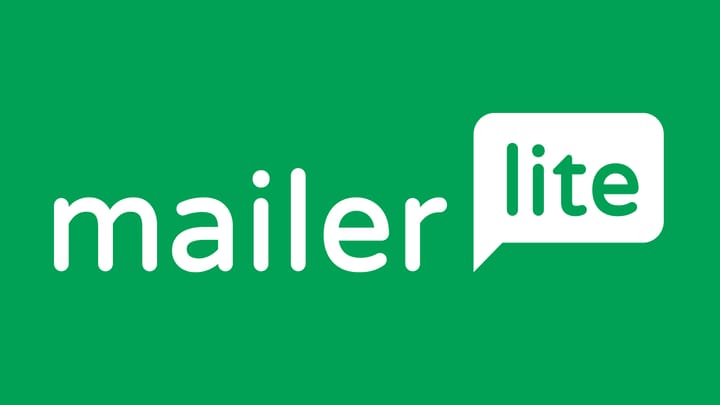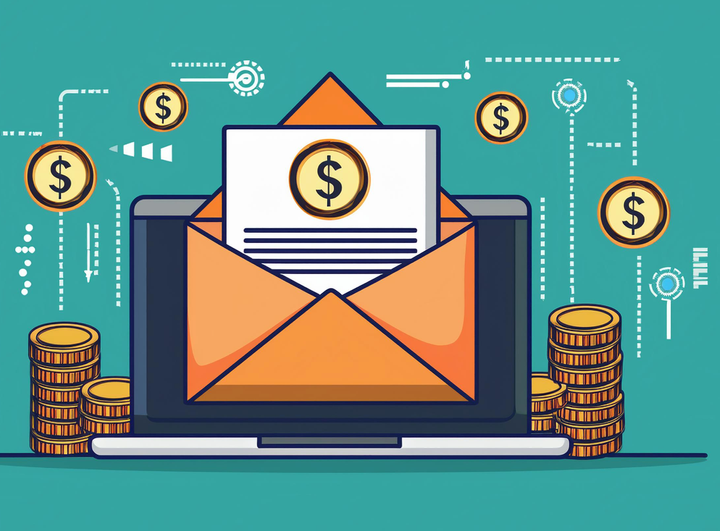7 Best Private Email Services That Actually Respect Your Privacy
Your Gmail has access to more personal information than your closest friend. Here's the thing: email wasn't supposed to be like this. It was meant to be digital mail, private correspondence. But there's another way. Email providers treat your messages like private conversations.

Your Gmail has access to more personal information than your closest friend. Every email, attachment, and contact gets scraped for ad targeting.
Google made $282 billion in 2022, mostly from knowing exactly what you're thinking, buying, and planning. Meanwhile, data breaches exposed 422 million people's information last year alone.
Here's the thing: email wasn't supposed to be like this. It was meant to be digital mail, private correspondence between you and whoever you're writing to. Instead, we've normalized corporate surveillance as the price of "free" email.
But there's another way. A growing ecosystem of email providers treats your messages like what they are: private conversations that nobody else should read. Not for ads, not for algorithms, not for anything.
What Real Email Privacy Looks Like
Let's cut through the marketing speak. A genuinely private email service isn't just one that promises not to read your mail (they all say that). It's one that can't read your mail, even if they wanted to.
The technical term is "zero-knowledge encryption." It means your emails are scrambled with a key that only you control. Even if hackers breached the servers, or governments showed up with warrants, or rogue employees went snooping and all they'd find is meaningless gibberish.
But encryption is just the start. Mail users also face risks from a scams, which can trick people into revealing sensitive data. True email privacy also means choosing providers in countries with strong privacy laws. It means companies that don't log your activity, don't track your behavior, and don't require your real name to sign up. It means open-source code that security experts can verify, not black boxes that require blind trust.
Most importantly, it means business models that align with your interests. When you're paying a few bucks a month for email, you're the customer. When it's free, you're the product being sold.
The Seven Services That Get It Right
1. Proton Mail: The Swiss Army Knife of Privacy
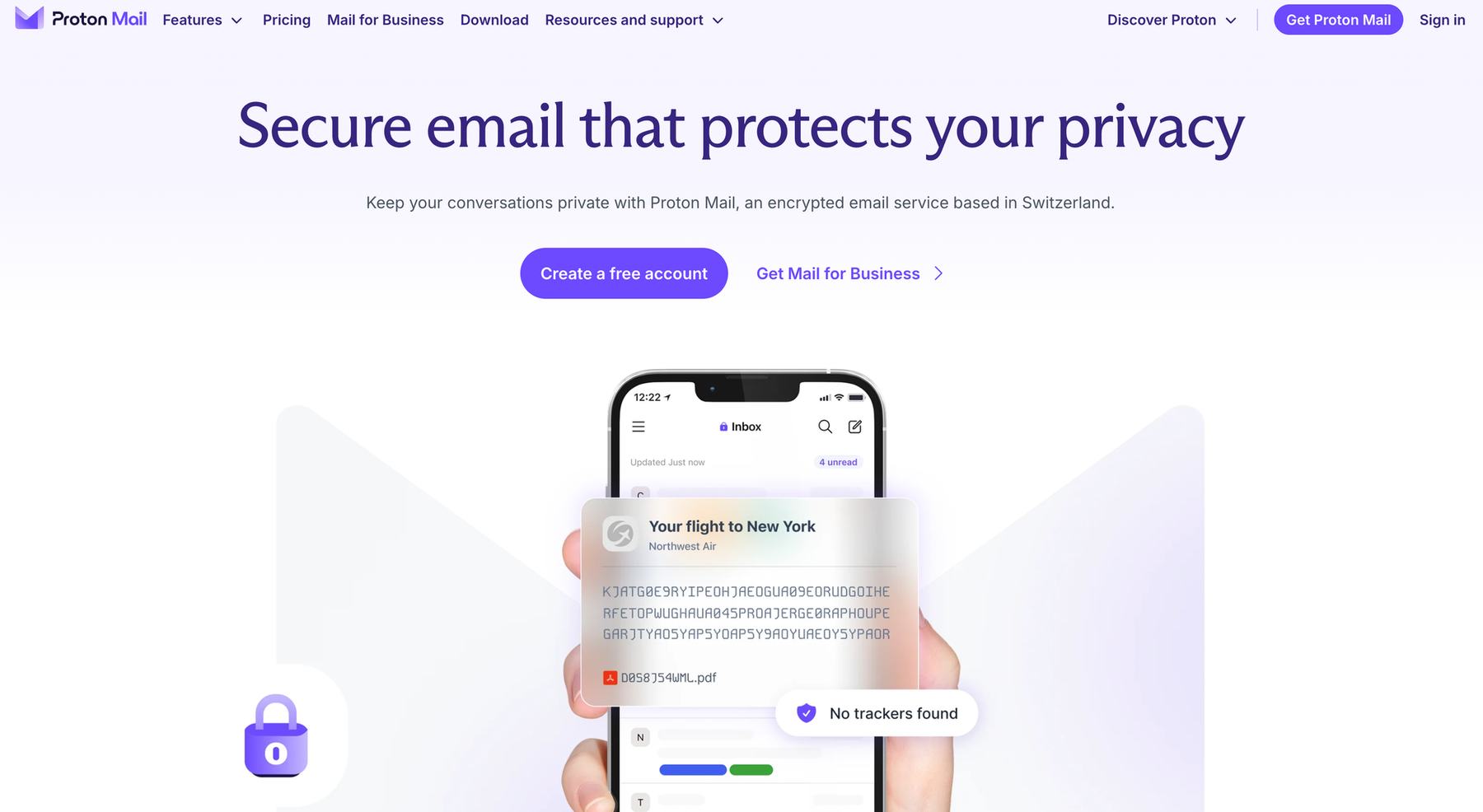
Proton Mail emerged from CERN in 2013, built by the same scientists who work on particle physics. Their approach to email privacy is just as rigorous. Based in Geneva, they benefit from Switzerland's legendary privacy laws, the same ones that protect Swiss bank accounts.
Best for: Most users wanting seamless encryption without the learning curve
Price: Free (500MB) or from €4/month
Headquarters: Switzerland
Proton Mail makes military-grade encryption feel like Gmail. Born at CERN in 2013, this Swiss service automatically encrypts everything without requiring technical knowledge. Send an email and it's encrypted. Receive one and it's decrypted. No PGP keys to manage, no protocols to understand.
Switzerland's privacy laws protect your data like they protect bank accounts. When authorities request information, Proton publishes exactly what they receive and provide—which isn't much, since they can't decrypt your messages.
Pros:
- Automatic end-to-end encryption
- User-friendly interface rivals mainstream providers
- Strong legal protection under Swiss law
- Transparent about government requests
Cons:
- Performance lags with large attachments
- 500MB free storage fills quickly
- Premium features get expensive
2. Tuta: German Engineering Meets Email Privacy
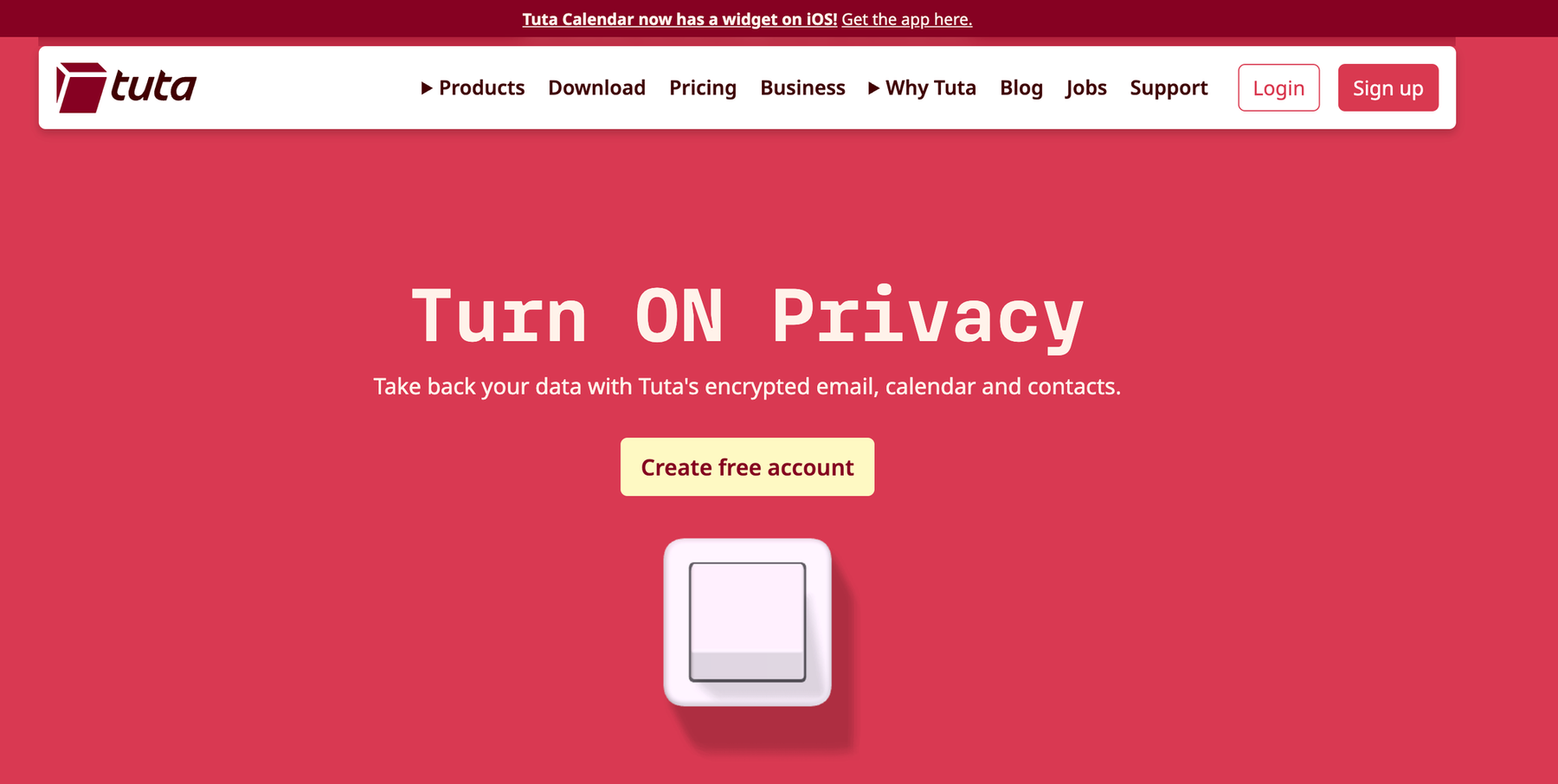
Germans take privacy seriously. It's literally written into their constitution. Tuta (formerly Tutanota) embodies this tradition with an email service that encrypts absolutely everything.
Best for: Budget-conscious users who want everything encrypted
Price: Free (1GB) or from €3/month
Headquarters: Germany
Tuta encrypts everything—not just message bodies, but subject lines, contacts, and calendars too. While competitors leave metadata exposed, Tuta locks down the entire package.
At €3 monthly for 20GB storage and 15 email aliases, the pricing is incredibly competitive. German privacy laws and constitutional protections back up their service. This is German engineering applied to email privacy.
Pros:
- Cheapest fully-encrypted email available
- Encrypts all metadata, not just messages
- Clean, bloat-free interface
- Strong German privacy protections
Cons:
- Can't use third-party email clients
- Proprietary encryption limits compatibility
- Basic feature set compared to competitors
3. StartMail: The Anti-Tracking Champion
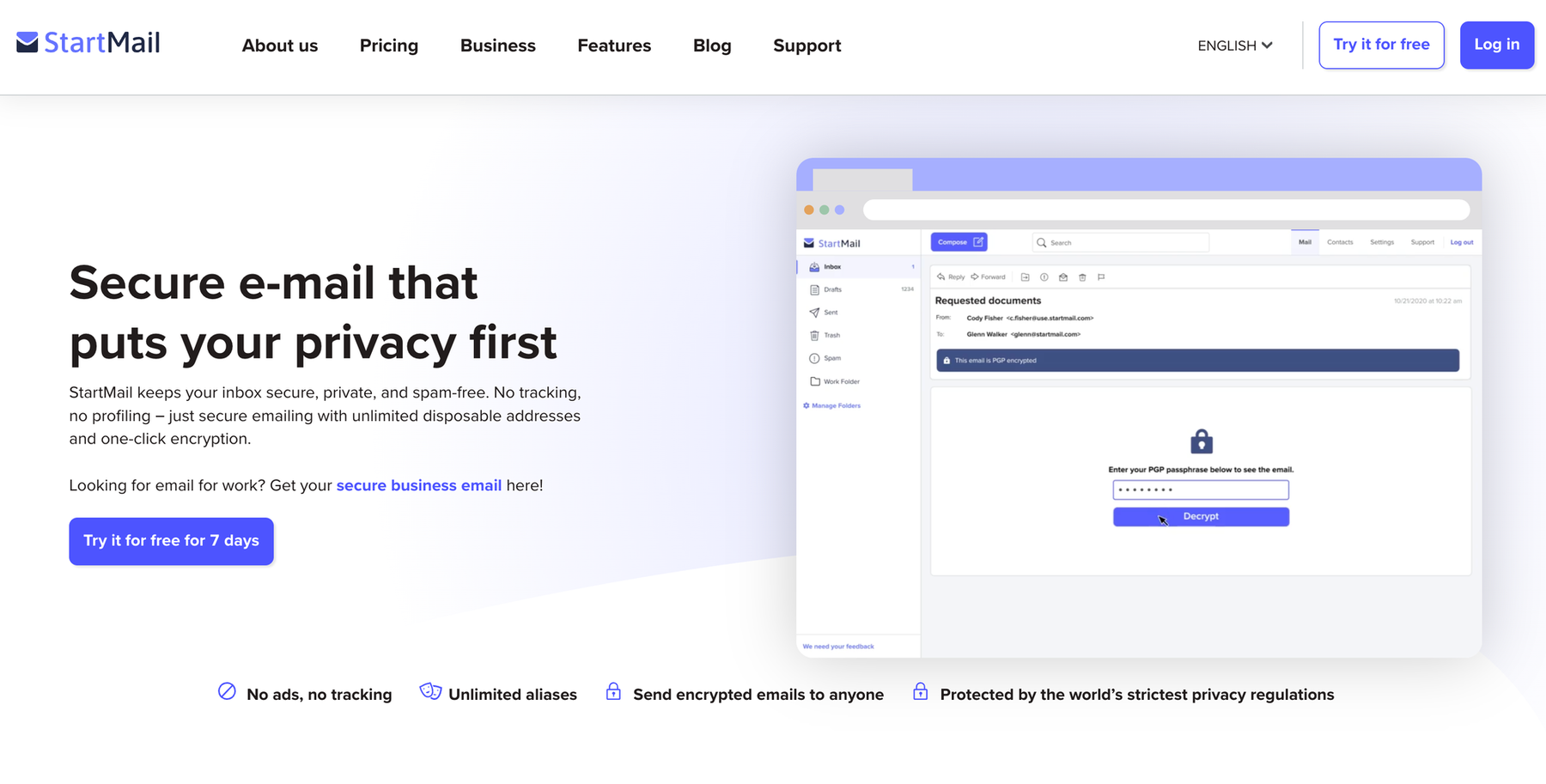
StartMail comes from the team behind StartPage, the private search engine. They've spent over a decade fighting online tracking, and it shows in their approach to email.
Best for: Online shoppers and anyone tired of spam
Price: $60/year (about $5/month)
Headquarters: Netherlands
StartMail's superpower is unlimited disposable email aliases. Create unique addresses for every online account, then kill them instantly if they start receiving spam. You'll know exactly who sold your data.
From the team behind the StartPage search engine, they've spent over a decade fighting online tracking. Their PGP encryption works with any email client—no proprietary lock-in.
Pros:
- Unlimited disposable aliases stop tracking
- Works with standard email clients
- Open-source PGP encryption
- Dutch privacy law protection
Cons:
- No free tier to test
- More expensive than basic competitors
- Lacks bundled features like calendars
4. Posteo: Minimalist Privacy That Doesn't Cost the Earth
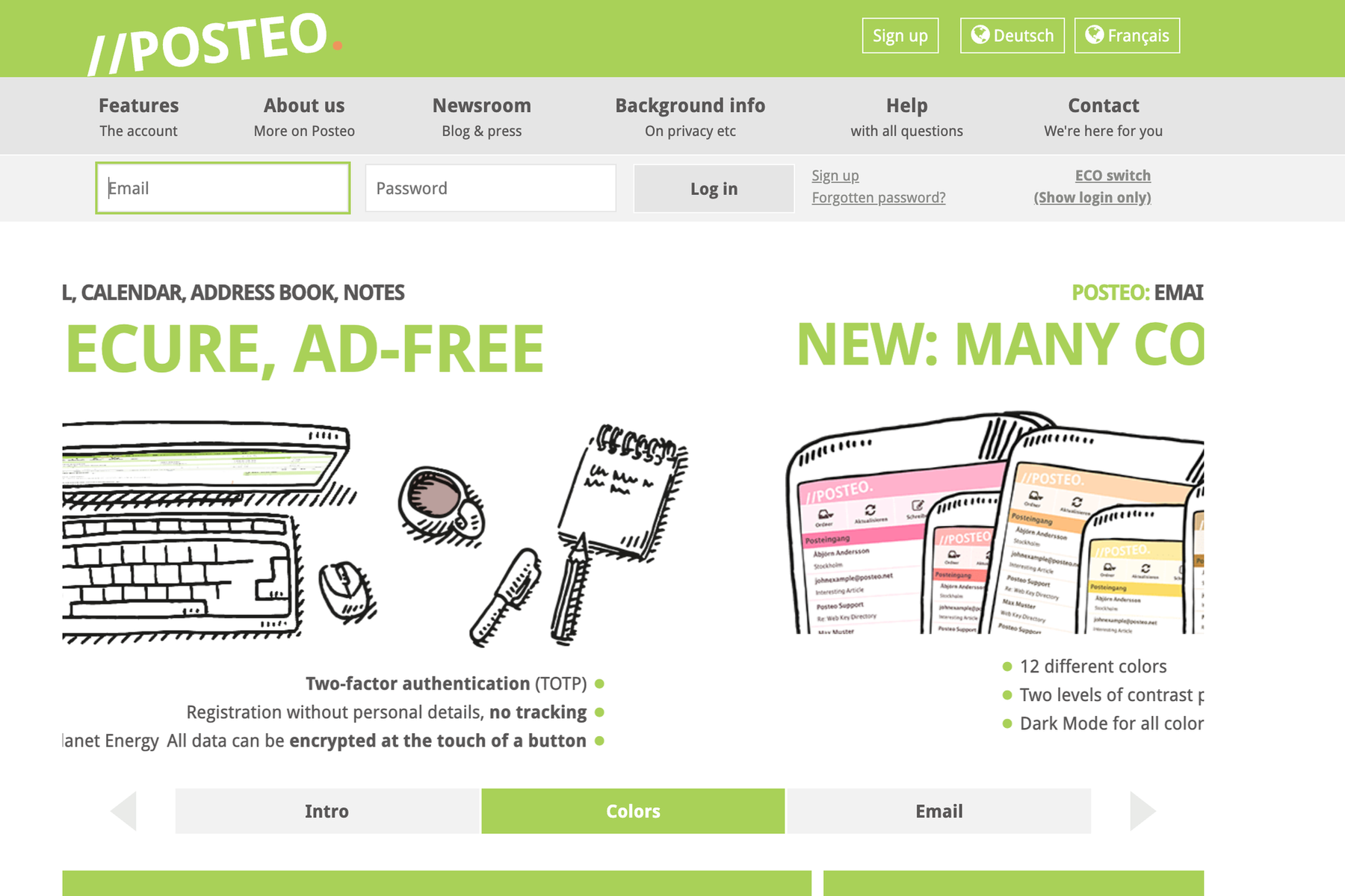
Posteo takes a radically different approach. Based in Berlin, they run entirely on renewable energy and accept completely anonymous payments. You can literally mail them cash in an envelope. No names, no credit cards, no paper trail. Try doing that with Gmail.
Best for: Privacy purists who value anonymity over features
Price: €1/month
Headquarters: Germany
Posteo strips email to its essence. No names required, no IP logging, no recovery options. You can literally mail them cash for complete anonymity. They run on 100% renewable energy and refuse to collect any user data.
The interface feels deliberately minimal—no tracking pixels, no smart features, no bloat. Just private messaging between people.
Pros:
- Complete anonymity possible
- Lowest environmental impact
- Simple, fast interface
- Accepts cash payments
Cons:
- No password recovery (by design)
- Minimal features
- Interface feels dated
- No integration options
5. Mailbox.org: The Privacy-First Productivity Suite
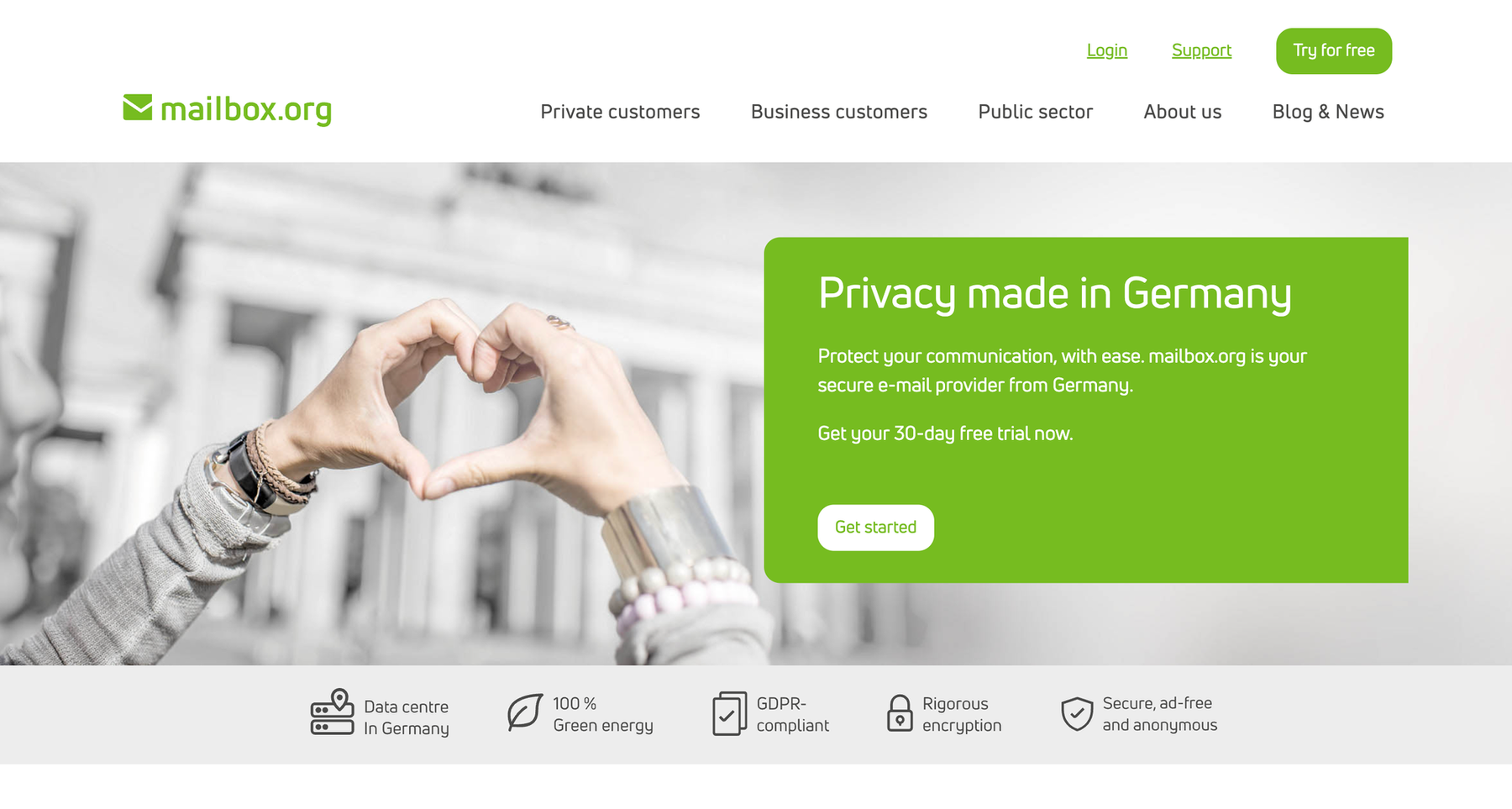
Most of us don't just need email. We need calendars, contacts, document storage—the whole productivity ecosystem. Mailbox.org recognized this gap in the privacy market and filled it.
Best for: Teams and individuals needing more than just email
Price: €1-9/month
Headquarters: Germany
Mailbox.org delivers a complete Microsoft 365 alternative. Beyond encrypted email, you get office applications, cloud storage, video conferencing, and collaboration tools—all respecting your privacy.
Everything runs on renewable energy in German data centers. It's productivity without surveillance.
Pros:
- Full office suite included
- Competitive pricing for features offered
- Video conferencing and collaboration tools
- Renewable energy powered
Cons:
- Steep learning curve
- Interface lacks polish
- Encryption not always automatic
- Can overwhelm casual users
6. Hushmail: When Privacy Meets Compliance
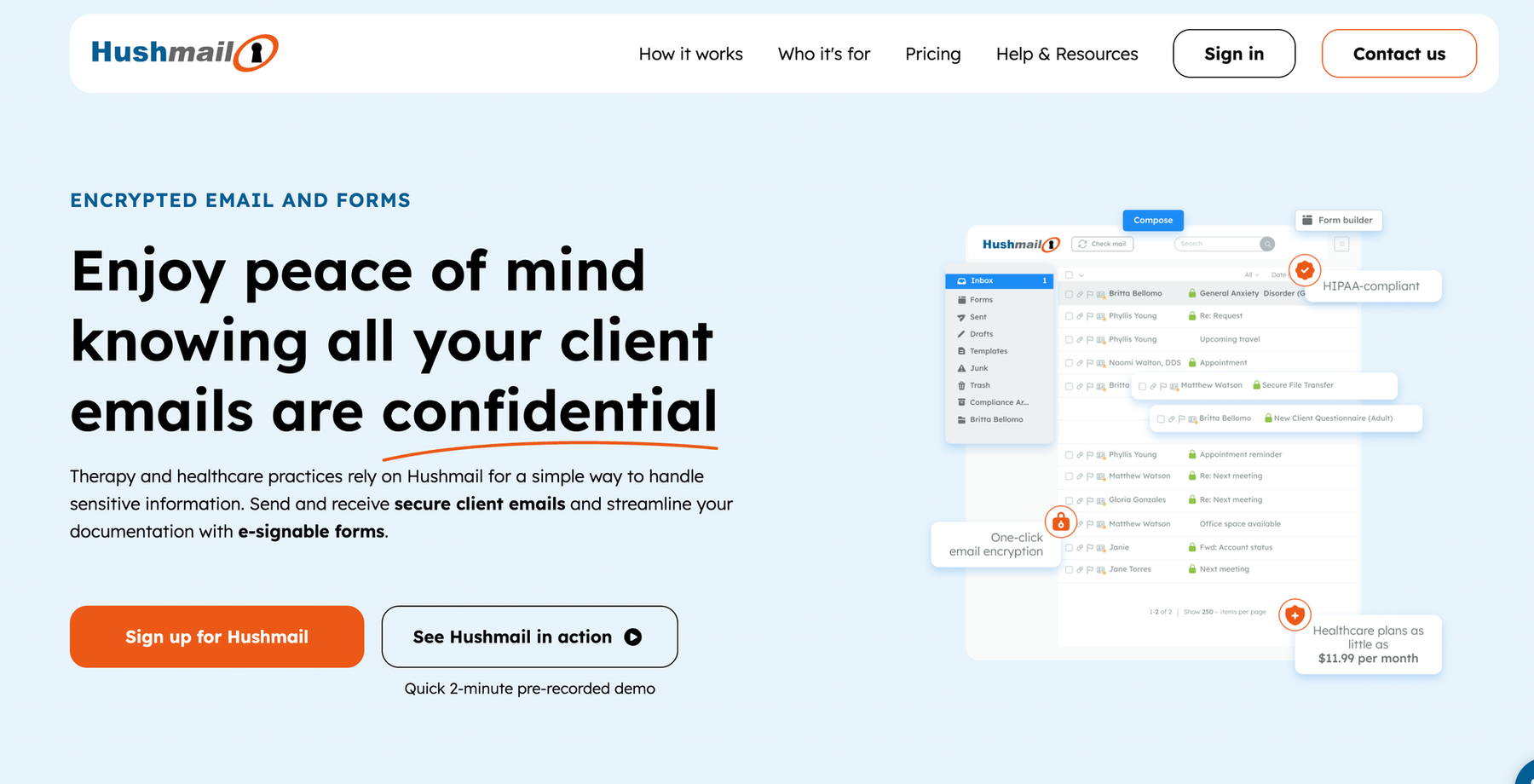
Hushmail occupies a unique niche: privacy for professionals with regulatory requirements. For over 20 years, they've served healthcare providers, law firms, and financial advisors who need encryption that satisfies HIPAA, PIPEDA, and other alphabet soup regulations.
Best for: Healthcare, legal, and financial professionals
Price: From $35/year
Headquarters: Canada
For 20+ years, Hushmail has served professionals with regulatory requirements. Their encryption satisfies HIPAA, PIPEDA, and other compliance standards while maintaining usability.
Healthcare forms let patients submit information securely. Document signing maintains legal validity. Everything gets logged for compliance but encrypted for privacy.
Pros:
- HIPAA and regulatory compliance built-in
- Secure forms and document signing
- 20+ years of reliability
- Professional features for businesses
Cons:
- Canada's Five Eyes participation concerns some
- Corporate interface feels dated
- Expensive for personal use
- Compliance features unnecessary for most
7. Mailfence: The Digital Rights Defender
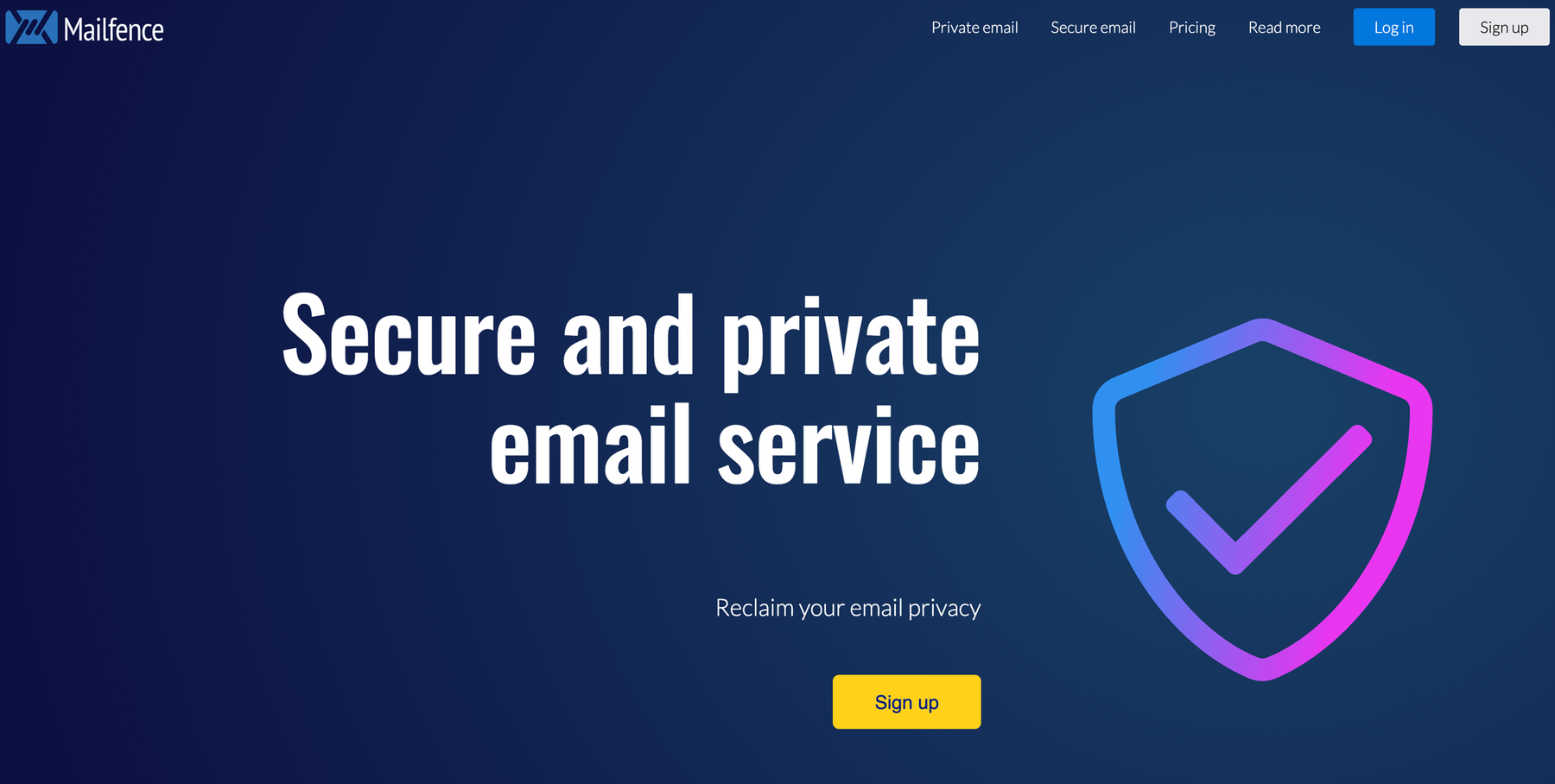
Mailfence proudly displays its political stance. This Belgian provider doesn't just offer private email—they position themselves as digital rights activists who happen to run an email service.
Best for: Digital rights supporters
Price: Free (500MB) or €2.50-25/month
Headquarters: Belgium
Mailfence positions itself as an activist email provider. They donate to EFF, fight for digital rights in European courts, and treat privacy as a cause, not just a feature.
Technical implementation is solid with OpenPGP encryption, digital signatures, and full calendars. You're not just buying email. You're funding the fight for online freedom.
Pros:
- Supports digital rights organizations
- OpenPGP standard encryption
- Full calendar and document features
- Belgian privacy law protection
Cons:
- Interface lacks modern polish
- More expensive than similar alternatives
- Activism focus may not appeal to all
- Smaller user base
Making the Switch Without Losing Your Mind
Moving to private email doesn't mean losing your history. Here's the smooth transition plan:
- Set up forwarding from your old account to your new private email
- Import existing emails using your new provider's migration tools
- Update critical accounts starting with banking, work, and family
- Use aliases for shopping and subscriptions to compartmentalize your digital life
- Be patient with the learning curve—privacy requires small adjustments
The Real Cost of "Free" Email
Gmail might be free, but you're the product being sold. Every message trains AI, builds advertising profiles, and reveals your life patterns to algorithms. Google knows when you're job hunting, sick, or struggling—often before you've told anyone.
A few dollars monthly for private email buys:
- Messages that work for you, not advertisers
- Companies funded by subscriptions, not surveillance
- An internet that respects privacy
So, which one should you choose?
Choose Proton Mail if you want the best balance of privacy, features, and ease of use. It's the safe choice for most users.
Choose Tuta if you need excellent encryption at a budget price. Great value at €3/month for 20GB storage.
Choose StartMail if spam and tracking drive you crazy. Those unlimited aliases will transform your inbox.
Choose Posteo if you value simplicity and anonymity above all else.
Choose Mailbox.org if you need a full productivity suite, not just email.
Choose Hushmail if you have regulatory compliance requirements.
Choose Mailfence if supporting digital rights matters as much as privacy.
Wrap Up
Perfect privacy doesn't exist, but any of these services beats feeding surveillance capitalism with every message. Pick one that matches your needs and budget. Start with a free trial or commit to one month.
Your private conversations deserve to stay private. Make the switch this coming weekend.


